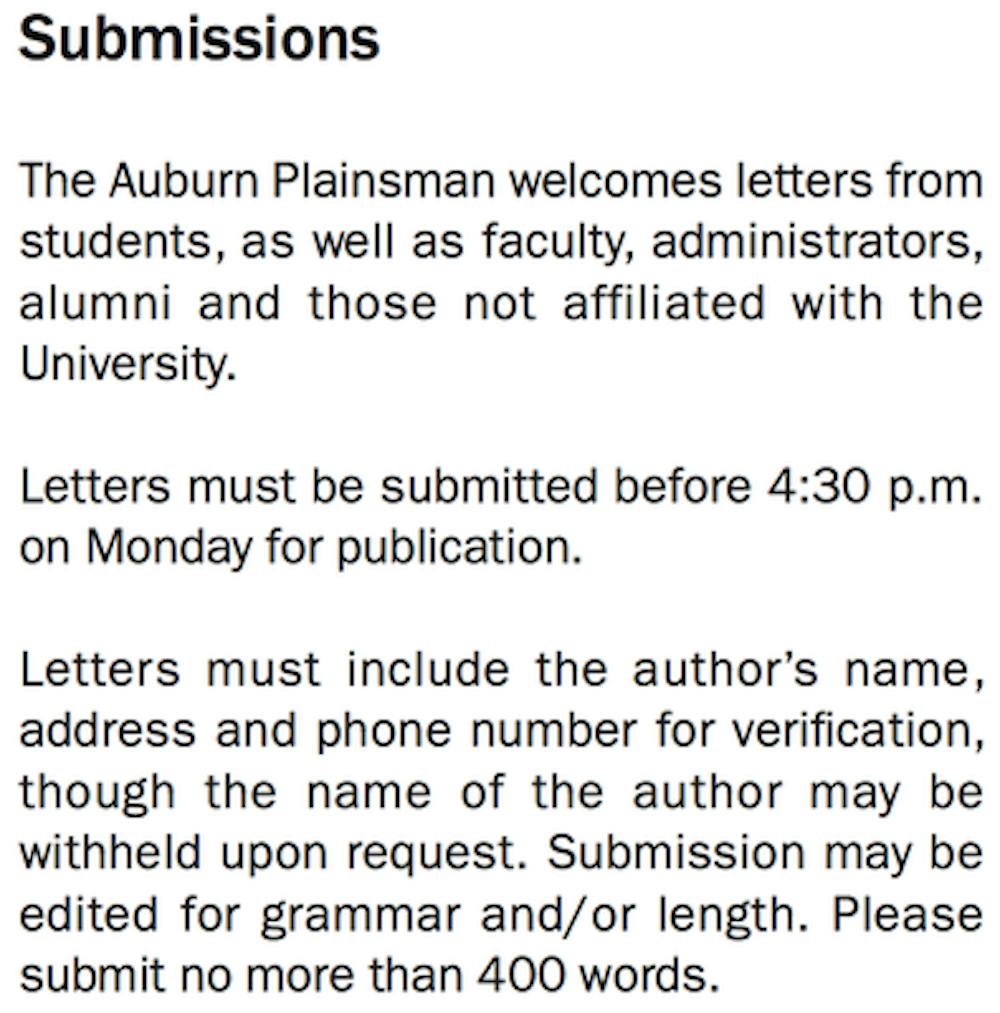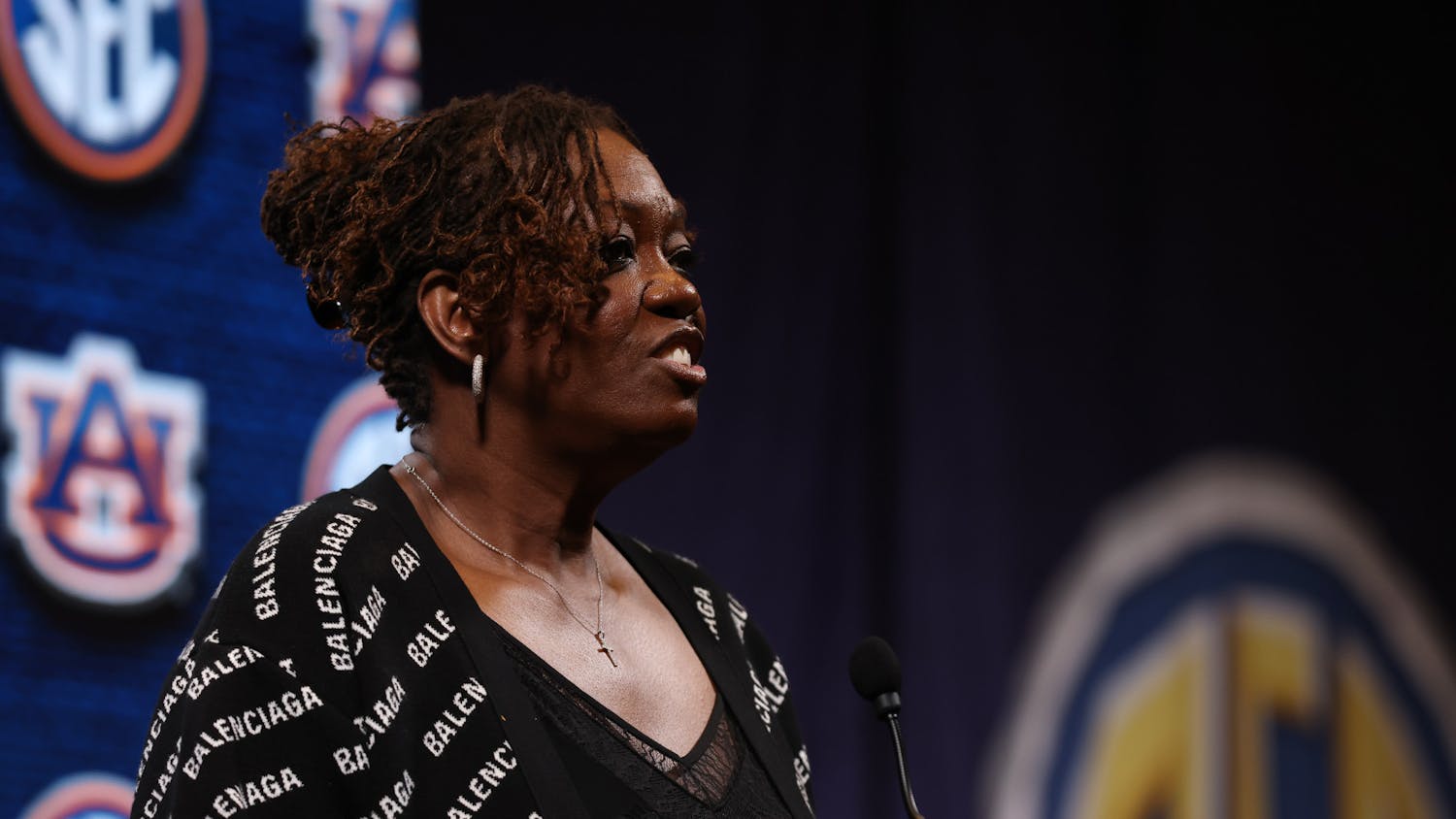In the Oct. 30 edition of The Plainsman, Becky Hardy, editor-in-chief, profiled Patton Chambers, a student who is "homeless by choice."
From my understanding of the article, Chambers relies entirely on University facilities for typical activities of daily living; he sleeps in the library nightly, he eats minimal meals like oatmeal and peanuts and he carries his belongings in a heavy-duty backpack.
"I just want to experience something," Chambers said when discussing his motivation for choosing to be homeless.
Chambers' minimal lifestyle shouldn't be condemned, as many notable figures took similar paths on their searches for enlightenment.
However, I want to challenge this image of homelessness by asserting that Chambers' story is not representative of the stories of most individuals who are experiencing homelessness, including people in Auburn.
What Chambers fails to acknowledge is an overwhelming majority of situations of homelessness are not sparked by the desire to explore life, nor are they thoroughly planned.
Life crises like poverty, a sudden job loss, domestic violence, insurmountable medical bills and even a family unaccepting of a LGBTQ relative can lead people to the streets.
The National Coalition for the Homeless speculates almost a quarter of the homeless are United States veterans, unable to reintegrate into society.
Homelessness is not, as Chambers would have readers believe, "an endless vacation." In fact, those who are homeless are susceptible to high rates of violence, substance abuse and mental health issues. Furthermore, being homeless can impede access to quality medical care.
Chambers said if he got an intense illness or something happened in his family, he would quit his homeless lifestyle.
For most individuals experiencing homelessness, quitting is not an option.
On Saturday, Nov. 8, as Auburn's campus buzzed in anticipation of the game against Texas A&M, Auburn police responded to reports of the body of an older adult man lying lifeless under the bridge of the South College interstate exit.
The appearance of the body and lack of identification suggest the man may have been homeless.
When we choose to concentrate on stories like Chambers' and ignore the stories of those who did not choose to be homeless, we don't seek to understand the underlying causes of homelessness, and thus don't work toward reducing homelessness in our own communities.
To find out how you can advocate for those who are homeless, go to the Alabama Alliance to End Homelessness's website at http://www.alaeh.org/.
Ashley Edwards is a senior in social work at Auburn. She can be reached at ale0014@auburn.edu.
Do you like this story? The Plainsman doesn't accept money from tuition or student fees, and we don't charge a subscription fee. But you can donate to support The Plainsman.





